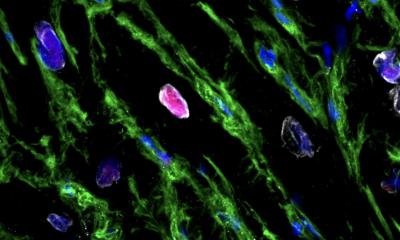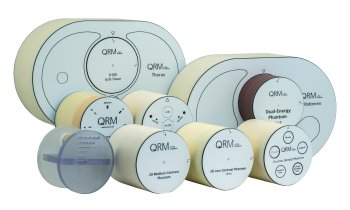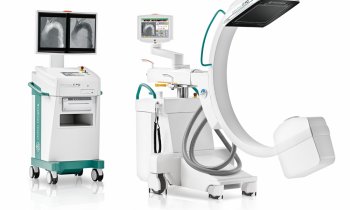A sad mood causes a bad heart
The common parlance knew it long before experts paid attention to it: a persons mood can be associated to its heart. But indeed in recent years much attention has been spend to depression following heart attack and its effects on prognosis. On the Congress of the European Society of Cardiology (ESC) two Dutch studies have been introduced indicating that especially somatic and incident depression are associated with poor prognosis in cardiac patients.

Depression and heart disease are the two leading disorders with the strongest contributions to the global burden of disease, the World Health Organisation says. But the public still doesn’t know that depression and heart disease are also intertwined. Patients who are suffering on depression show a higher risk to develop a cardiovascular disease and on the other way around have a poorer prognosis to recover than non depressive people.
The reasons remain still unclear. But last year German researchs found that depressive patients have a significant higher release of the stress hormones cortisol and noradrenalin. Both of them are known to have a bad effect on heart diseases. Now two dutch studies indicate that particularly two somatic and incident depression are associated with poor prognosis in cardiac patients, , which is very different from the 'typical' psychiatric depression that is usually characterised by cognitive and recurrent depressive symptoms.
Although we hoped that treating depression would result in an improved prognosis, these studies have not provided much evidence to support this position: effects on depression itself have been minor and did not translate into cardiovascular benefits. One of the reasons for these findings may be the heterogeneity of depression following heart attack, with some depression types being cardiotoxic and responding to treatment, and others not.
2,466 heart attack patients were assessed on depression and clinical characteristics during hospitalization and followed for more than 2.5 years. The results of these two studies show that it is important to distinguish between depression subtypes based on whether they are first-ever or recurrent, as these subtypes differ in cardiotoxicity and response to antidepressive treatment.
Moreover, those depressions may differ in symptomatology, and some symptoms may be more cardiotoxic than others. These results could lead to new treatment strategies to prevent future cardiac events, which may be quite different than those described in current guidelines for depression in the general population and could lead to more specific and effective treatments.
04.09.2008










